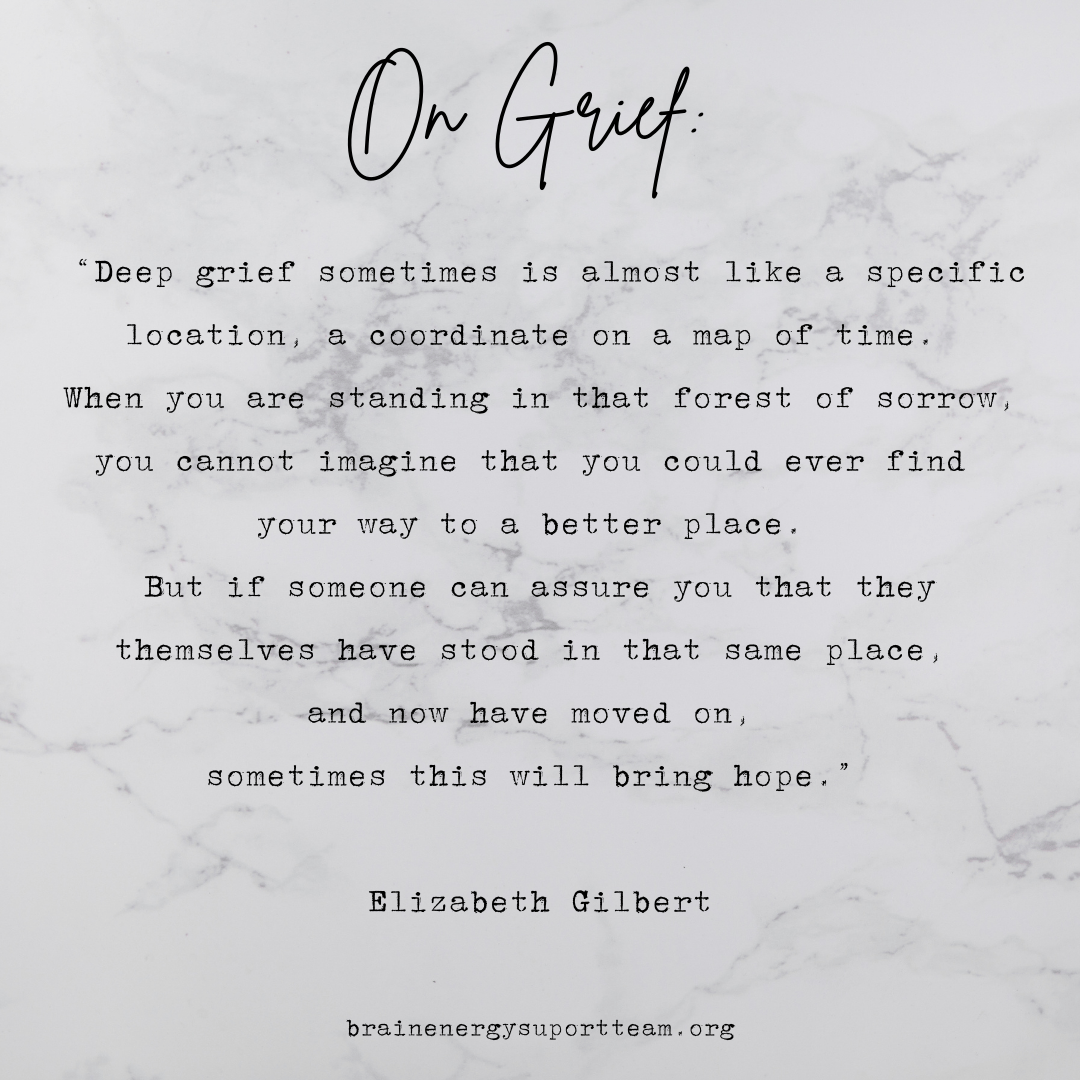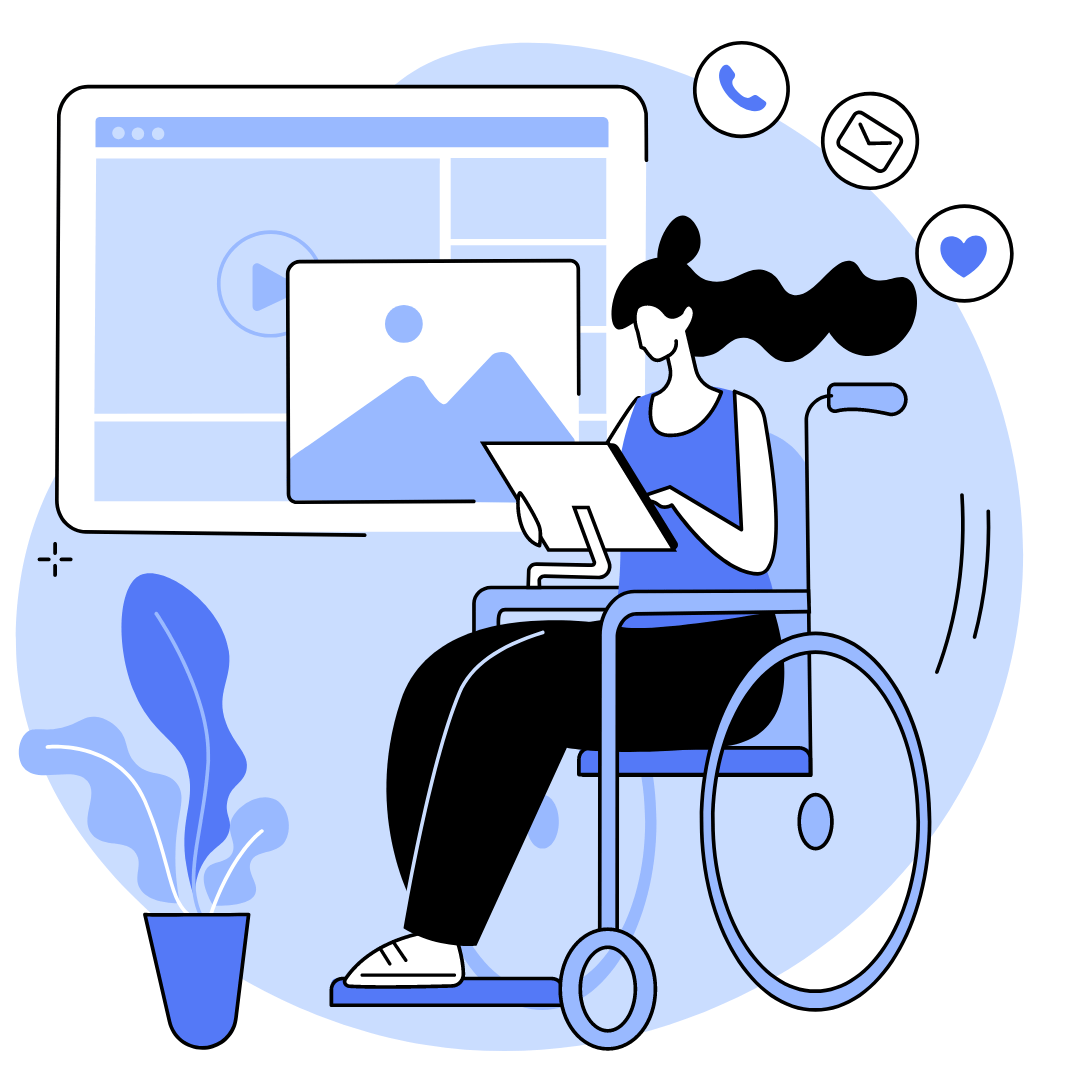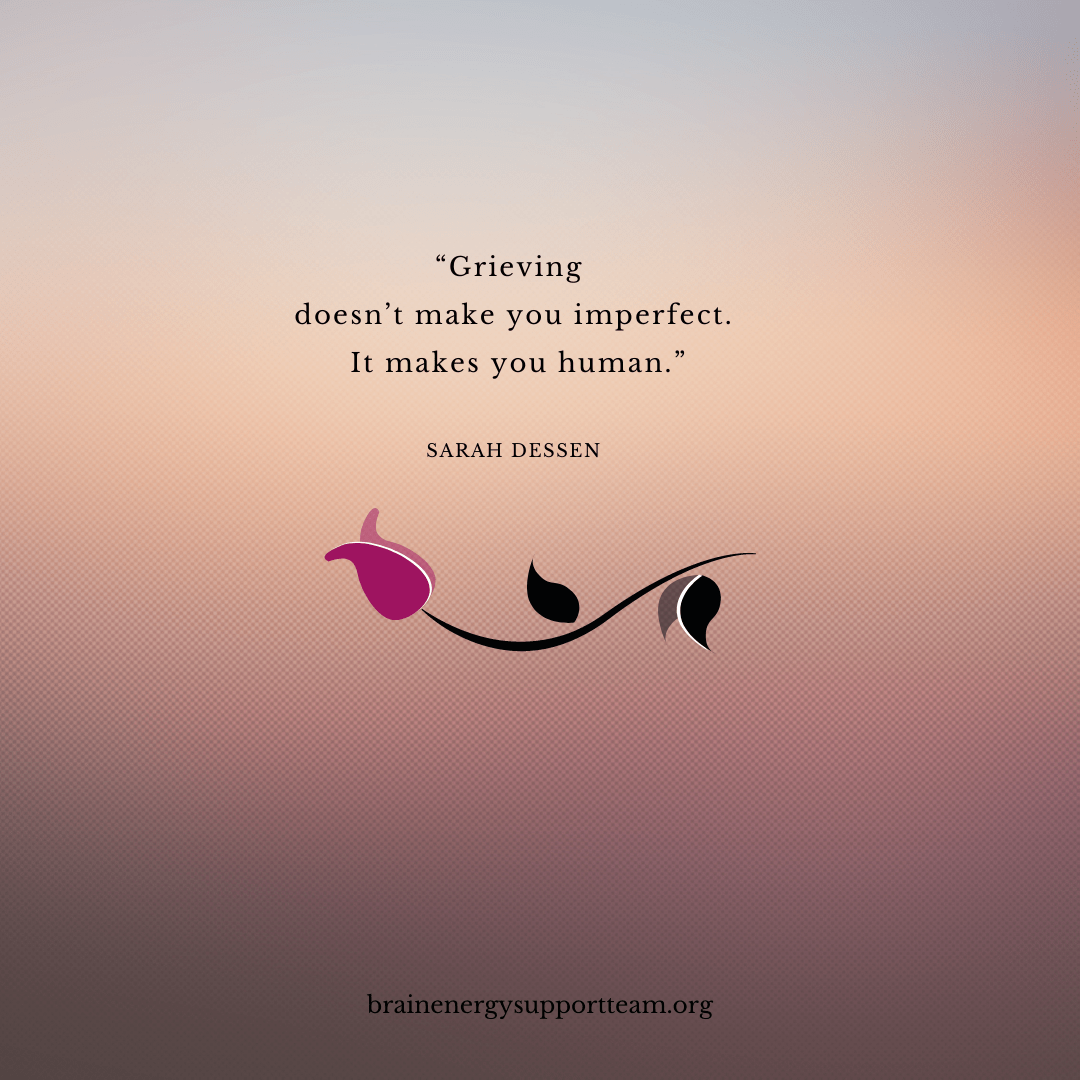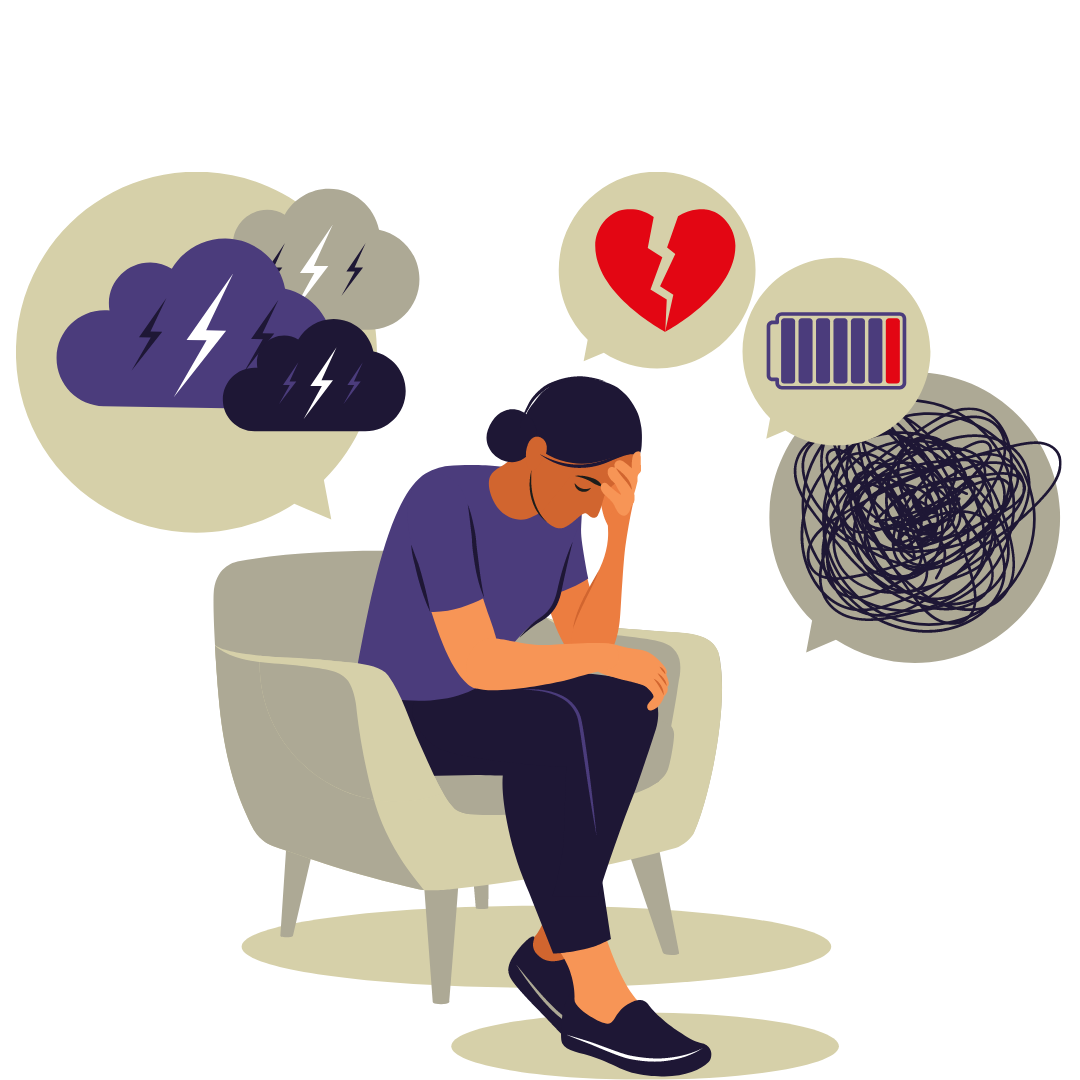It’s November again, and that means it’s National Family Caregivers Month, which honors those who serve as caregivers for family members and loved ones.
These are not people who set out to be professional caregivers, but unexpectedly became caregivers when a severe negative health situation disabled a family member and made it necessary to assume the role.
They may or may not be able to afford a certified caregiver or may feel that they themselves are best suited to care for their loved one.
Many, if not most, became caregivers with no training, but the point is that they voluntarily took on a difficult and often thankless job.
I have three long-time friends who became a caregiver for a loved one after a catastrophic health event. None had any training or caregiving experience but didn’t shy away from the caregiver role.
I asked each to answer the question: What did you learn on the job about caregiving that would have been helpful to know when you actually became a caregiver for your loved one?
Their responses are listed below as bullet points, some paraphrased, most as direct quotes.
• “You’re never prepared; only when you’re faced with the caregiver assignment do you realize how daunting it is.”
• Your life isn’t about you anymore. “Be prepared to be interrupted and called upon for help at any time day or night no matter what you are doing. This can be challenging if one is sleeping, tired, or engrossed in some activity.”
• “Do not take their negative comments, etc. personally. You must remember that their inability to do things on their own and in their own way is very frustrating for them. Your family member may take their frustration out on you. They don’t mean to yell or say mean things, it’s just their way of releasing their frustration. I tell myself that I’m a duck, the negative is water and let it roll off.”
• “Take care of yourself. Know your limits. Don’t try to do tasks that you are unable to do.”
• “It’s okay to take a timeout to settle down and gather your thoughts and composure. It’s okay to ask for outside help.”
• “Expect to be overwhelmed with chores. You are now in charge of handling the day-to-day business of your loved one in addition to your own.”
• “Recognize how fast survivors of strokes and other conditions degrade and understanding the importance of physical and occupational therapy to keep them stable is also critical.”
• “Expect some gross stuff sooner or later. About once per week I find myself spending a couple of whole days washing urine-soaked sheets and pillows, and occasionally must clean the patient’s mattress with a carpet cleaner to remove urine stains. It is a lot of odoriferous hard work. And at times when she is incontinent, I must wipe her off with a wet washcloth, but before that I must physically handle her to help her sit up while she is wet from urine. It’s gross, but it must be done.”
• “Be prepared to spend a lot of time sitting around in medical clinic and hospital waiting rooms while the patient gets medical care. This can be very boring unless one has a book to read or can watch or read something on a smart phone or tablet.”
• “Don’t be surprised if you start drinking more or indulging in various forms of escapism such as movies, entertainment, visiting friends, or going somewhere where you can just be left alone.”
• “Just sit and spend time together loving every moment. Listen to each other. Don’t force your ideas and methods onto your loved one. Their body is letting them know what they need and don’t need.”
• “As a caregiver, you may be surprised by how much unexpected moral support and sober respect you get from people in general, from strangers to close family members.”
• “Expect unwanted personal baggage from the patient.” This can come in the form of resentment or interference from others in your loved one’s life.
These are some things my friends would have wanted or needed to know, on unexpectedly becoming caregivers.
Sometimes it may be enough to be a caring, compassionate, patient person, but training never hurts. It may be possible that your state’s health and human services agencies can help you get some training after you start being your loved one’s caregiver, as well as certification and financial assistance.
The work can be stressful and often thankless. But allowing a family member to live their lives with some measure of comfort and dignity is valuable beyond words and can be highly rewarding.
And at any time, on any day, with no warning you may be called upon to take on to become the caregiver for a family member or a loved one.
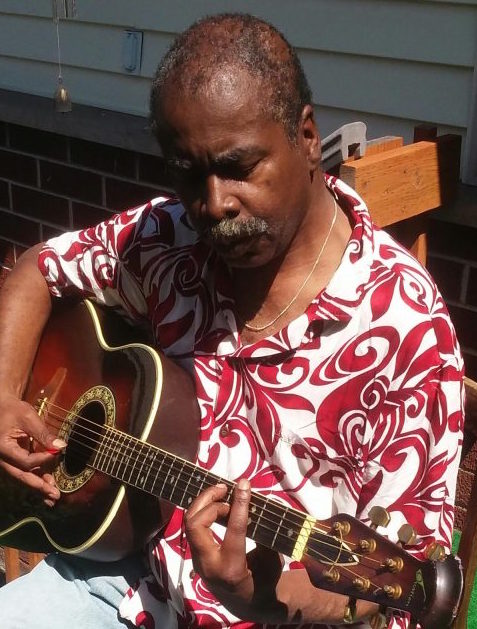
Isaac Peterson grew up on an Air Force base near Cheyenne, Wyoming. After graduating from the University of Wyoming, he embarked on a career as an award-winning investigative journalist and as a semi-professional musician in the Twin Cities, the place he called home on and off for 35 years. He doesn’t mind it at all if someone offers to pick up his restaurant tab and, also, welcomes reader comments. Email him at isaac3rd@gmail.com. Read more articles by Isaac here; https://www.brainenergysupportteam.org/archives/tag/isaac-peterson

